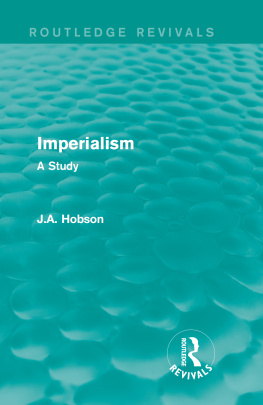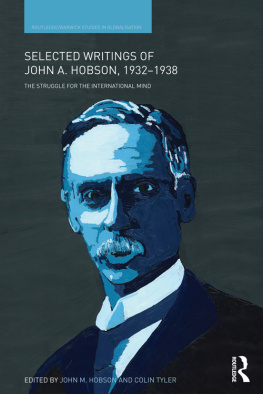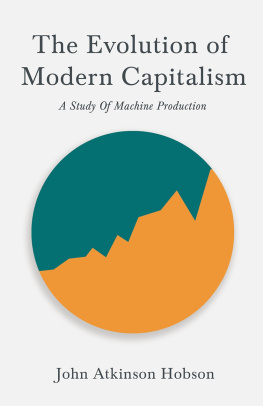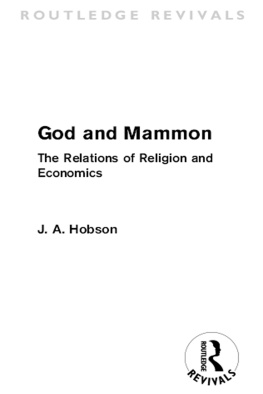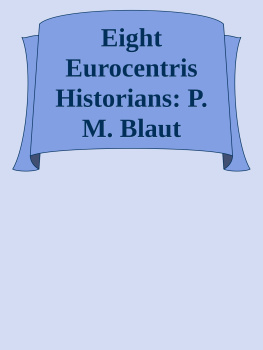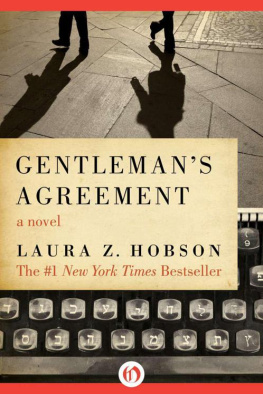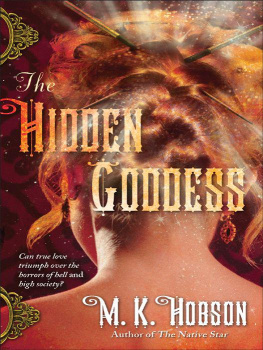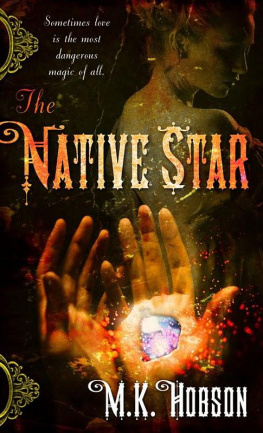John M. Hobson - The Eurocentric Conception of World Politics
Here you can read online John M. Hobson - The Eurocentric Conception of World Politics full text of the book (entire story) in english for free. Download pdf and epub, get meaning, cover and reviews about this ebook. year: 2012, publisher: Cambridge University Press, genre: Politics. Description of the work, (preface) as well as reviews are available. Best literature library LitArk.com created for fans of good reading and offers a wide selection of genres:
Romance novel
Science fiction
Adventure
Detective
Science
History
Home and family
Prose
Art
Politics
Computer
Non-fiction
Religion
Business
Children
Humor
Choose a favorite category and find really read worthwhile books. Enjoy immersion in the world of imagination, feel the emotions of the characters or learn something new for yourself, make an fascinating discovery.
- Book:The Eurocentric Conception of World Politics
- Author:
- Publisher:Cambridge University Press
- Genre:
- Year:2012
- Rating:3 / 5
- Favourites:Add to favourites
- Your mark:
- 60
- 1
- 2
- 3
- 4
- 5
The Eurocentric Conception of World Politics: summary, description and annotation
We offer to read an annotation, description, summary or preface (depends on what the author of the book "The Eurocentric Conception of World Politics" wrote himself). If you haven't found the necessary information about the book — write in the comments, we will try to find it.
The Eurocentric Conception of World Politics — read online for free the complete book (whole text) full work
Below is the text of the book, divided by pages. System saving the place of the last page read, allows you to conveniently read the book "The Eurocentric Conception of World Politics" online for free, without having to search again every time where you left off. Put a bookmark, and you can go to the page where you finished reading at any time.
Font size:
Interval:
Bookmark:
John Hobson claims that throughout its history most international theory has been embedded within various forms of Eurocentrism. Rather than producing value-free and universalist theories of inter-state relations, international theory instead provides provincial analyses that celebrate and defend Western civilization as the subject of, and ideal normative referent in, world politics. Hobson also provides a sympathetic critique of Edward Saids conception of Eurocentrism and Orientalism, revealing how Eurocentrism takes different forms, which can be imperialist or anti-imperialist, and showing how these have played out in international theory since 1760. The book thus speaks to scholars of International Relations, but also to all those interested in understanding Eurocentrism in the disciplines of political science/political theory, political economy/international political economy, geography, cultural and literary studies, sociology and, not least, anthropology.
JOHN M. HOBSON is Professor of Politics and International Relations at the University of Sheffield. His publications include Everyday Politics of the World Economy (2007), co-edited with Leonard Seabrooke; The Eastern Origins of Western Civilisation (2004); Historical Sociology of International Relations (2002), co-edited with Steve Hobden and The State and International Relations (2000).

For Gabby Hobson
As I explain in ).
There were also a number of people who very kindly commented on various parts of the manuscript and who offered precious pointers: Duncan Bell, Brett Bowden, Ben de Carvalho, Roger Kanet, Halvard Leira, Naeem Inayatullah, George Lawson, David Long, Xavier Mathieu, Jeanne Morefield, Liliana Riga, Matthew Watson and my Kantian colleague here at Sheffield, Garrett Brown, with whom I have had many enjoyable discussions both in private and public. I also thank those people who made suggestions at various talks and workshops where I tried out certain parts of the book; notably CSGR/POLSIS at the University of Warwick ( colleagues though mainly postgraduate students, of whom I would like to thank especially Adrian Gallagher, Chris Kitchen and Eddie Tembo. Thanks too must go to David Farrow for his frequently called upon computer skills and to John Haslam at Cambridge University Press (CUP) for his patience, efforts and incisive advice throughout; and thanks too go to the super-efficient production team at CUP including Gillian Dadd, Abigail Jones and my copy-editor, Louise Staples. And, last but not least, deepest thanks go to my family for putting up with my abbreviated space-time presence, especially in what turned out to be a major re-write phase from January to June, 2011. I shall dedicate this book to my daughter, Gabby, in the possibly forlorn hope that one day she might find it in her warm heart to forgive me for the precious time we lost.
This book produces a twin-revisionist narrative of Eurocentrism and international theory. While the first narrative provides an alternative understanding of Eurocentrism/Orientalism to the reductive conception that was bequeathed by the late, pioneering Edward Said (/2003), the second argues that international theory, which has developed both inside and outside of the discipline of International Relations in the last quarter-millennium is, for the most part, a Eurocentric construct. Or to put it more accurately, international theory largely constructs a series of Eurocentric conceptions of world politics. I state this in the plural because I argue that Eurocentrism is a polymorphous, multivalent discourse that crystallizes in a variety of forms. And this leads on to one of my central claims: that international theory does not so much explain international politics in an objective, positivist and universalist manner but seeks, rather, to parochially celebrate and defend or promote the West as the proactive subject of, and as the highest or ideal normative referent in, world politics.
Of course, my reader will assume immediately that in portraying much of international theory as Eurocentric so I will necessarily (re)view it in an imperialist light. But one of the major claims I make in this book is that Eurocentrism not only takes different forms, but that some of these are anti-imperialist while others are imperialist. Such a move, of course, problematizes in an immediate way Saids inherently imperialist definition of Eurocentrism/Orientalism. Of course, I realize that breaking the Gordian Knot between Eurocentrism and imperialism would most likely be viewed within postcolonial circles as a heretical move. But, as I shall argue in this book, an anti-imperialist politics is often as politically fraught as is its so-called imperialist Other. For my claim is that the conventional binary that differentiates a Eurocentric or racist conception of imperialism from a tolerant cultural-pluralist conception of anti-imperialism often turns out to be more imaginary than real.
Accordingly, this book will speak to a variety of disciplines: to International Relations, of course, but also to those who have an interest in understanding Eurocentrism/Orientalism. For since the publication of Edward Saids seminal book, Orientalism in 1978, the idea and critique of Eurocentrism or Orientalism has spread right across the Social Sciences and Humanities permeating a series of conceptually-based disciplines such as Politics, Political Theory and International Relations (IR), Political Economy/International Political Economy (IPE), Political Geography, Sociology, Literary/Cultural Studies and, not least, Anthropology. And given my belief that Eurocentrism infects significant swathes of these disciplines so the need to learn more about it should be a matter of concern for such disciplinary practitioners, if not of some urgency. Nevertheless, many potential non-IR readers might still be put off from reading a book that deals with international theorists, most of whom reside within the discipline of IR.
Font size:
Interval:
Bookmark:
Similar books «The Eurocentric Conception of World Politics»
Look at similar books to The Eurocentric Conception of World Politics. We have selected literature similar in name and meaning in the hope of providing readers with more options to find new, interesting, not yet read works.
Discussion, reviews of the book The Eurocentric Conception of World Politics and just readers' own opinions. Leave your comments, write what you think about the work, its meaning or the main characters. Specify what exactly you liked and what you didn't like, and why you think so.



